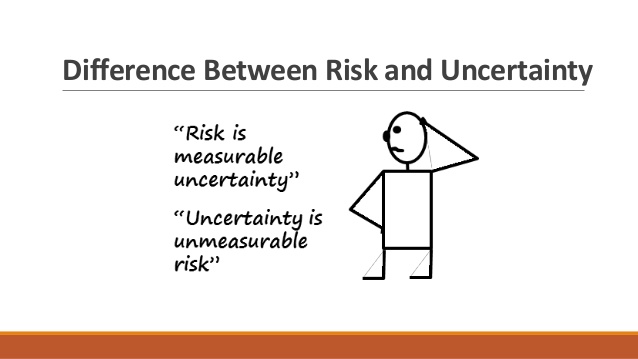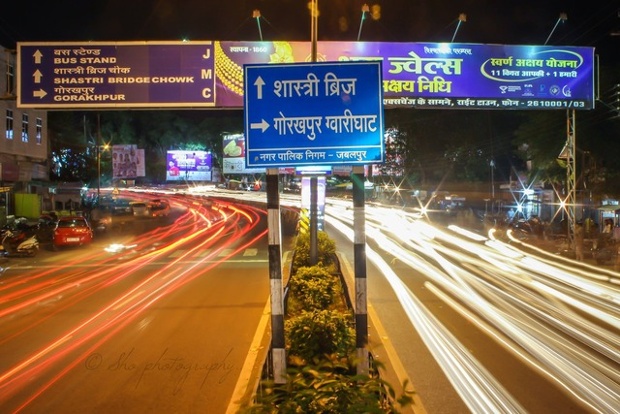SESSION 26 | ORGANIZATIONAL SUCCESS, FAILURE AND UNCERTAINTY
Success, failure and uncertainty
Consider this video in terms of design and uncertainty.
Many important problems involve decision making under uncertainty - that is, choosing actions based on often imperfect observations, with unknown outcomes.
back to top
Failing by Design by Rita McGrath in The Harvard Business Review, April 2011

Uncertainty and risk are not the same thing. Whereas uncertainty deals with possible outcomes that are unknown, risk is a certain type of uncertainty that involves the real possibility of loss.
Risks can be more comprehensively accounted for than uncertainty.
Uncertainty is a state of having limited knowledge of current conditions or future outcomes. It is a major component of risk, which involves the likelihood and scale of negative consequences. Managers often deal with uncertainty in their work; to minimize the risk that their decisions will lead to undesired outcomes, they must develop the skills and judgment necessary for reducing this uncertainty. Managing uncertainty and risk also involves mitigating or even removing things that inhibit effective decision-making or adversely affect performance.
One cause of uncertainty is proximity: things that are about to happen are easier to estimate than those further out in the future. One approach to dealing with uncertainty is to put off decisions until data become more accessible and reliable. Of course, delaying some decisions can bring its own set of risks, especially when the potential negative consequences of waiting are great.
back to top
Though you don't have to read them now, you might want to read them after the session, or at some relevant future time.

- Three Proven Ways To Navigate Uncertainty by Alison Randel in The Ready, 28 July 2016
- 6 Strategies For Dealing With Uncertainty In Business by Don Peppers in Fast Company, 13 March 2012
back to top
We will have a group exercise in class
Uncertainty deals with possible outcomes that are unknown,
risk is a certain type of uncertainty that involves the real possibility of loss.
We will be dealing with more uncertainty than risk,
but we might consider both circumstances.
Each group will be presented with a problem to solve using both the materials provided and, if you wish, any other techological tool at your disposal. The specific task for each group will be presented along with the materials.
Guidelines
- you can use any technology you have at your disposal to solve the challenges, but only if you absolutely know that you can use that technology in the situation
- you will have materials at your disposal that will have within them the answers to each team's challenge
- but the materials might have to be shared among teams who have different challenges
- you can book your train travel prior to departing on your quest, but once you arrive in the area, you have to follow the rules in your team's challenge
